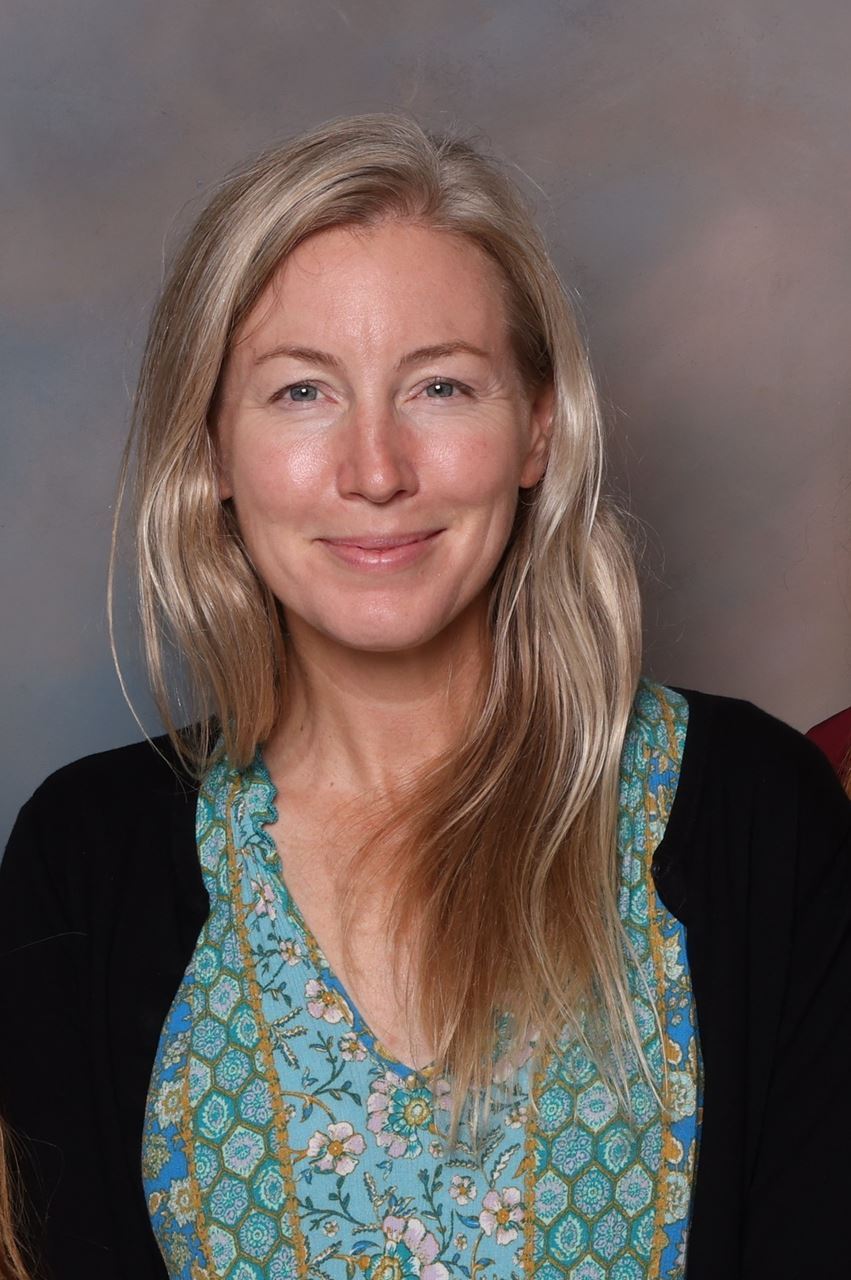Knoxville Area Psychological Association
|
- Home
- News & Resources
- Member Spotlight - Skadberg
Member SPOTLIGHT
Rebecca Skadberg, M.A., M.B.A. Rebecca Skadberg, MA, MBA is a PhD Candidate at the University of Tennessee-Knoxville, who is currently completing her predoctoral internship at the VA TN Valley Healthcare System and working with Veterans in Middle Tennessee. She then plans to return to the Knoxville area. She previously provided clinical services at the UT Psychological Clinic, at a substance use treatment facility, and at a HRSA award winning federally qualified health care center, and also she greatly enjoyed being a peer supervisor. Rebecca has experience providing psychotherapy to individuals across the lifespan and she has conducted assessments for diagnostic clarity and treatment recommendations, psychoeducational evaluations, presurgical evaluations, and fitness for duty exams. She has additional specialized training in assessment and treatment of trauma. She successfully defended her dissertation this summer and has research interests in personality, trauma, and chronic pain. In addition, Rebecca has prior management experience in healthcare. She has been lucky to work with many practitioners and educators in the Knoxville and Nashville areas, who served as supervisors, fellow researchers, and mentors.
Rebecca Skadberg, M.A., M.B.A. |
|
Ten Questions:
1. What was your first real job?:
I worked as an assistant for a graduate student who was conducting a bear research project in the Smokies. My work was not glamourous; it mainly involved the study of feeding habits. While out in the field one day, I watched a mother bear teaching her cubs and was struck by the sensitive care she provided. (This is not an original thought-that credit belongs to Dr. Gordon Burghardt, I believe.)
2. What has been your favorite book and why?:
I don’t have a specific one, but I reread a few authors such as Bion, Faulkner, Joyce, and O’Connor every couple of years. This helps me reflect on living; aspects of their writings are relevant at different times in my life and useful in my work as a therapist. I also randomly select books from the library to discover new authors. My reading of poetry greatly increased during the pandemic.
3. How do you describe your sense of humor?:
Improving. Life is hard. It is good to laugh at my own idiosyncrasies and being human, in general. Humor can be a great therapeutic tool if used appropriately, and it often seems to overlap with creativity.
4. What's your current focus in your work?:
Working with people who are facing complex mental health and/or medical conditions. During my current internship at the VAs in Murfreesboro and Nashville, I had the opportunity to work with patients and treatment teams on the inpatient mental health units, and I will provide services to Veterans diagnosed with SMI on an upcoming outpatient rotation. Recently, I began assessing and supporting Veterans who hope to qualify for organ transplants and working with the teams who treat them.
5. What kind of patient would you like to see more?:
I believe it is a privilege to work with anyone who has an interest in therapy or assessment.
6. What would you like KAPA to provide in the future?:
More guidance for emerging professionals in the Knoxville area. Transition from student to independent practitioner status is difficult and there are many steps (financial, licensure process, credentialing, EPPP, etc.) beyond completion of graduate school and internship.
7. What guilty pleasure can you not live without?:
An early Saturday morning run at Knoxville’s Lakeshore Park, topped off with a small bite of iced chocolate cake decorated with chocolate chips.
8. Name two people who have inspired you?:
Both of my grandmothers, though deceased, continue to inspire me in different ways. They faced extensive hardships in their lives and yet they kept going.
9. What is a common point of frustration in your current work?:
Healthcare/social disparities that limit access to beneficial interventions.
10. What’s one thing - either psychology related or not - you learned in the last month?:
Throughout internship, I learned to be even more grateful for the providers who invested in the training and support of students such as myself, and also for the patients who have worked with me thus far. I thank you for that.

